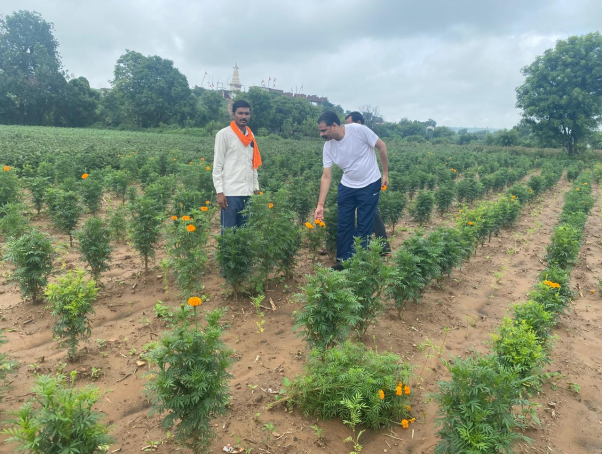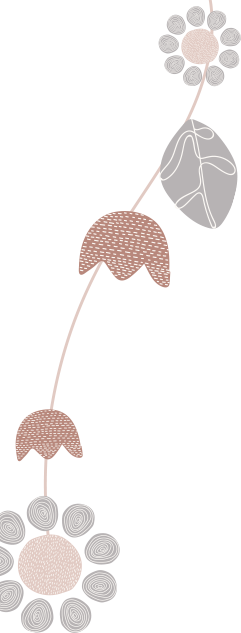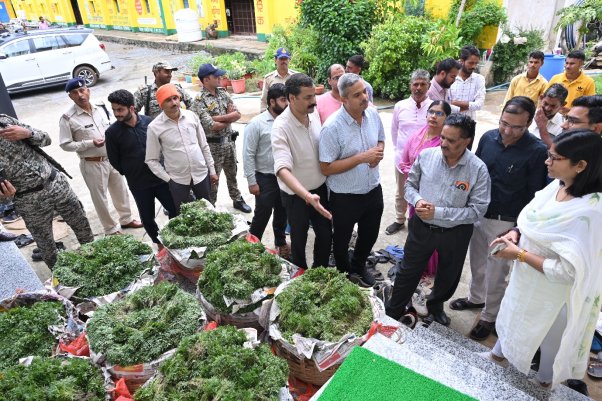
Success Story
From Fields to Flowers: How a Gwalior-Based FPO Is Blooming Rural Livelihoods Vindhyanchal FPO’s Floriculture Revolution with CSIR-NBRI Support
By Devendra Singh, CEO VFPCL
Dr Deepali Raghuvanshi, Scientist/ Technical offer VFPCL
Gwalior, Madhya Pradesh:
In the quiet countryside of Gwalior, villages like Girwai, Bhaypura, Rashidpur, Mohanpur, and Bandholi are undergoing a fragrant transformation. Once known for staple farming and limited incomes, they are now affectionately called “Phool Gaon” – the flower villages of Madhya Pradesh.
At the heart of this blossoming success is the Vindhyanchal Farmer Producer Company Ltd. (VFPCL), a local FPO that dared to reimagine agriculture. With the scientific backing of CSIR-National Botanical Research Institute (NBRI), Lucknow, and under a CSR-supported floriculture mission, VFPCL has empowered hundreds of farmers—especially women and tribal youth—to shift from low-yield crops to high-value flowers.
Success Story
A Blooming Idea Takes Root — From Soil to Success
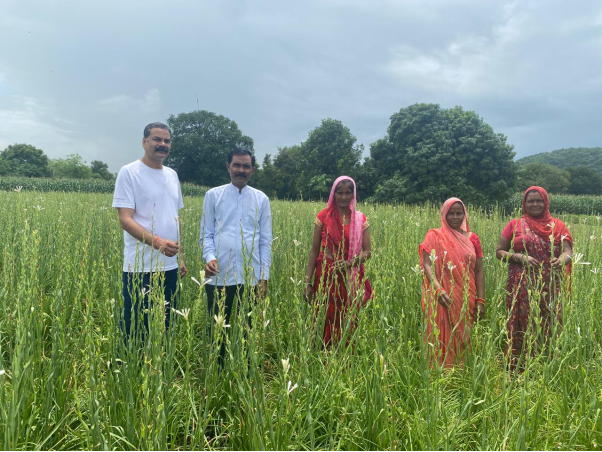
The journey began not with flowers, but with soil food.
In 2021, Vindhyanchal Farmer Producer Company Ltd. (VFPCL) initiated a mission to revive soil health and biodiversity in Madhya Pradesh’s rural heartland. With the guidance of CSIR-NBRI, the focus shifted to restoring the nutritional balance of the soil—the true foundation of sustainable farming.
Once the soil was enriched and made healthy through natural practices, the next step was introduced: commercial floriculture.
Supported by CSIR-NBRI’s CSR and outreach program, farmers received training, high-quality seeds, and expert guidance. Slowly, vibrant blooms began to replace conventional crops. Fields were filled with Marigold (PUSA NARANG), Tuberose (Rajnigandha), Chrysanthemum, Gladiolus, Gerbera, and Roses.
But this wasn’t just a shift in cultivation—it was a strategic transformation. It brought higher incomes, local employment, and built a resilient agri-enterprise model rooted in ecological balance and community effort.
Today, the villages of Girwai, Bhaypura, Rashidpur, Mohanpur, and Bandholi are proudly known as flower villages. What began with a focus on “feeding the soil” has blossomed into a story of prosperity, color, and hope.

Success Story
Changing Lives Petal by Petal
“We used to earn just ₹12,000 per acre from traditional crops,” says Meera Devi, a farmer-turned-floriculturist from Mohanpur. “Now, I earn over ₹1 lakh from marigolds and tuberose in one season. My daughters also help—and earn!”
This is not an isolated story. Over 250 farmers, including many from SHGs and tribal communities, have adopted floriculture across more than 50 acres. With market linkages secured by VFPCL in Delhi, Jaipur, and local wedding markets, farmers now grow for demand—not just for survival.
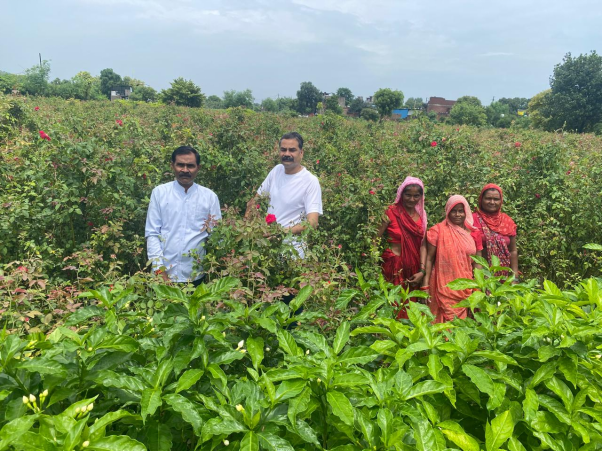
Success Story
Behind the Scenes: What Made It Work?
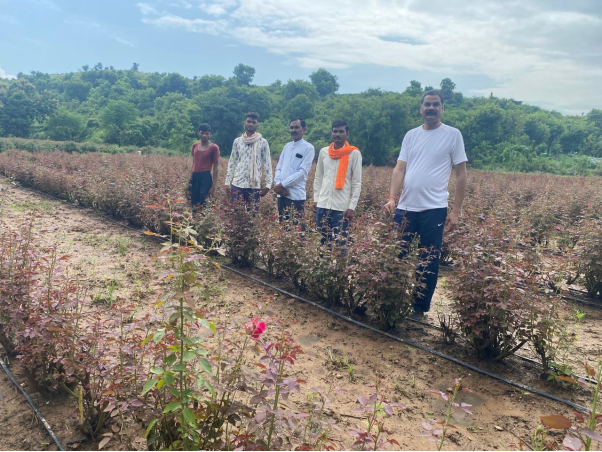
Key ingredients in this rural turnaround include
-


Training & Capacity Building: Farmers were trained in floriculture, post-harvest care, and value addition.
-


Input Support: Bio-fertilizers and high-quality planting materials were provided.
-


Protected Cultivation: Introduction of polyhouses and net houses enabled year-round production.
-


Market Access: The FPO created direct tie-ups with florists, mandis, and decorators.
-


Employment Generation: More than 250 rural women and youth now have seasonal or permanent jobs.
The impact is measurable. Flower-based income has risen to ₹55,000–₹1.5 lakh per acre per season. New ventures like herbal gulal, garlands, and incense sticks are emerging from flower processing units.

Success Story
Innovation, Education & Sustainability
What sets this model apart is its holistic vision. VFPCL has involved local schools and colleges, offering internships and hands-on training to students in agro-entrepreneurship. They've adopted zero-budget natural farming, making the model sustainable and eco-friendly.
“This isn’t just floriculture—it’s future culture,” smiles Mr Devendra Singh Singh, CEO of VFPCL. “We're building not just income but identity, pride, and opportunity.”
